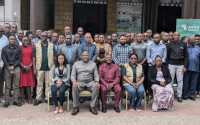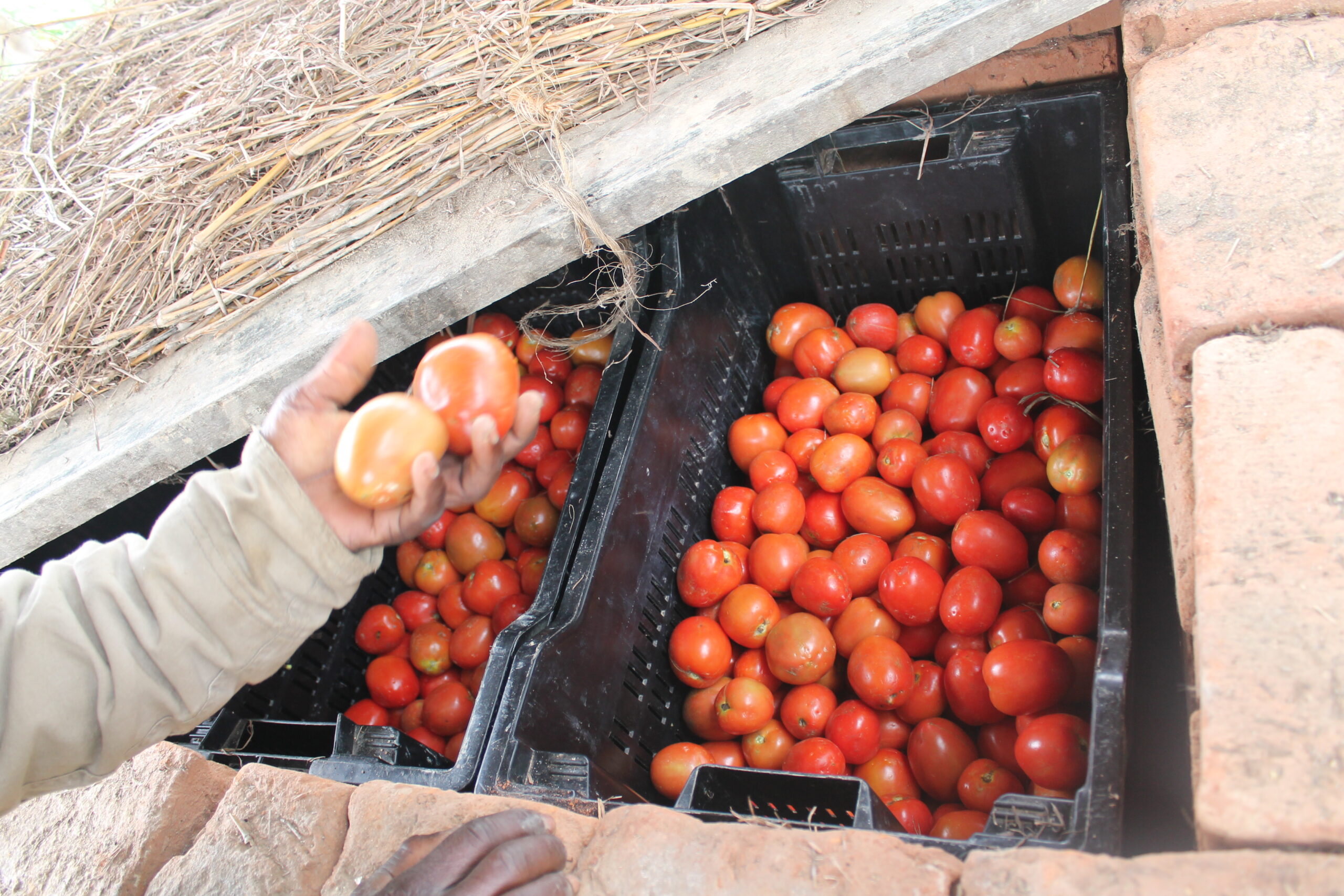10th Annual Borderless Conference in Tema, Ghana explores opportunities for agricultural trade
Regional and Continental Trade Pacts Open the Door to Free Trade in Food and Farm Goods
Tema, Ghana – The 10th Annual Borderless Conference, organized by the Borderless Alliance in collaboration with the German Development Agency GIZ, recently convened in Tema, Ghana, bringing together experts from government, business, and international organizations to discuss and strategize ways to enhance trade in food and farm goods within the Economic Community of West African States (ECOWAS) region.
The Borderless Alliance, known for its advocacy for removing trade barriers, saw this year’s edition as particularly relevant for the private sector. Jonas Lago, President of Borderless Alliance, stated, “It falls upon us to conduct the necessary analysis and devise solutions to tackle the prevailing challenges. Our success in the ECOWAS region would serve as a blueprint in the African continental area.”
Key insights from the conference included data presented by Vianney Lesaffre, a market analyst from the International Trade Centre (ITC) delegation. Lesaffre’s data revealed that a significant portion (60%) of the burdensome trade regulations affecting agricultural trade originate domestically. Furthermore, he highlighted the Trade Obstacle Alert Mechanism (TOAM), a tool developed by ITC, which indicated that 51% of reported obstacles were related to the agricultural sector. The African Trade Observatory, another ITC resource, was also showcased as a valuable tool for targeting and resolving issues in agriculture.
Timothée Bruneteau, a trade facilitation adviser at ITC, emphasized that clearing procedural obstacles at borders for both agribusinesses and small-scale cross-border traders could greatly improve food security. The momentum around the implementation of the African Continental Free Trade Area (AfCFTA) presented an opportunity to address these inefficiencies. AfCFTA Protocols and annexes on Trade Facilitation, Customs cooperation, and Transit, along with the WTO Trade Facilitation Agreement, offer enhanced transparency, predictability, and efficiency in African trade. Full implementation of the WTO Trade Facilitation Agreement could reduce the costs of trading perishable goods by up to 18%.
Additionally, the conference highlighted the role of innovative technology in making trade easier, especially for small businesses. The ITC Netherlands Trust Fund V (NTF V) introduced the FastTrackTech methodology, which assesses the readiness of startups to engage in international trade. Isaac Newton Acquah, the NTF V national project coordinator for the tech sector, emphasized the importance of technology in overcoming challenges that small businesses often perceive as purely financial.
Furthermore, the conference explored strategies to strengthen regional value chains and align domestic policies with AfCFTA objectives. Gyand Dermitta, Senior Advisor to the AfCFTA Secretary-General, highlighted the importance of such alignment.
Kabir Hassa, Trade Advisor of the ECOWAS Agricultural Trade (EAT) program at GIZ, underscored the program’s overarching objective to elevate ECOWAS to a level where Africa can fully harness the potential opportunities offered by the AfCFTA, benefiting the entire continent.
Benonita Bismarck, CEO of Ghana Shippers Authority, emphasized the indispensable role of agricultural value chains in unlocking their full potential.
The ECOWAS Agricultural Trade (EAT) Program, funded by BMZ and implemented by GIZ with the partnership of ITC, aims to strengthen regional integration through intra-regional agricultural trade in the ECOWAS region. The program focuses on improving agri-food policies, sustainability, gender sensitivity, trade facilitation inclusivity, and active engagement with SMEs and professional associations in the sector.
The 10th Annual Borderless Conference served as a platform for stakeholders to exchange ideas and strategies, ultimately contributing to the promotion of free trade in food and farm goods within the ECOWAS region and beyond.


